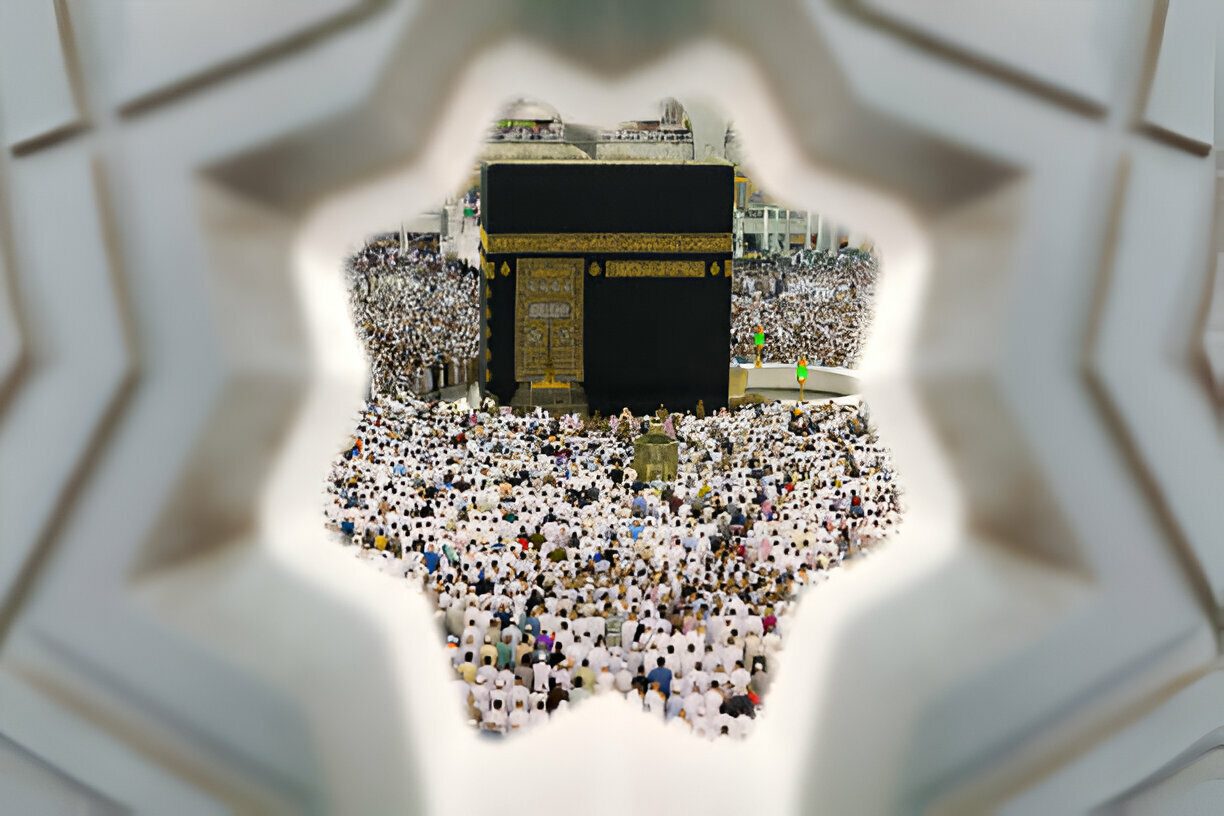When does Muharram take place?
Muharram, also recognized as Muharram-ul-Haram, signals the start of the Islamic year as it’s the inaugural month of the Hijri calendar. This particular month holds unique significance as it’s the only one associated with Allah’s name – as referred to by Prophet Muhammad (saw) as ‘the Sacred Month of Allah’, making it an extremely blessed period.
Muharram is one of the four sacred months, with its special status denoted by its very name. ‘Muharram’ translates to ‘forbidden’, indicating its sanctity and the prohibition of certain activities during this period that would infrict on its sanctity. Both the month of Muharram and Allah’s House (Al-Masjid Al-Haram) share the same Arabic root, symbolizing sacred spaces where actions, whether good or bad, carry greater weight.
Why is Muharram significant?
Interpreting the Qur’an verse (9:36), Ibn Katheer (rh) illuminates that Allah has chosen elites from His creation. The mosques are selected from among places on Earth, remembrance of Him (dhikr) is chosen from among speech, Messengers are chosen from among mankind and angels, and from among the months, He chose Ramadan and the sacred months. As such, Muharram’s significance arises from its selection by Allah Himself. Allah directs us not to transgress ourselves during this sacred month, which signifies maintaining pure intentions, righteous actions, and refraining from sins.
What are the other sacred months?
In addition to Muharram, Allah has also declared Rajab, Dhul-Qa’dah, and Dhul-Hijjah as sacred months.
Historically, Dhul-Qa’dah, Dhul-Hijjah, and Muharram were recognized as sacred, ensuring that pilgrims could safely conduct Hajj without fears of banditry or warfare. This prohibition on fighting was upheld during Dhul-Qa’dah (the journey to Hajj), Dhul-Hijjah (the Hajj performance in Makkah and its surroundings), and Muharram (the return from Hajj). This standard was observed even during pre-Islamic times, a fact that Allah affirms in the Qur’an.
Rajab, the Hijri calendar’s seventh month, stands alone as a sacred month, enabling people to perform ‘Umrah in Rajab if they wished.
What can one gain from Muharram?
Despite understanding Ramadan’s importance, we often overlook the sacred months. However, these months present unique opportunities to seek Allah’s mercy and favor. They are specifically chosen by Allah as the best periods for strengthening our relationship with Him.
As highlighted earlier, our actions carry more weight during Muharram, just like they do in the Ka’bah and its surroundings. This situation provides opportunities for more rewards each day, but it also holds the risk of incurring more sins from our misdeeds. Thus, it urges us to be extra mindful of our actions, whether in relationships, work, worship, time management, or health management. With the right intention, each action can become a source of reward!
Here’s a quick list of simple ways to utilize the benefits of Muharram:
- Greet with salaam frequently.
- Smile, even when it’s challenging.
- Offer regular Sadaqah.
- Adopt healthier lifestyles, recognizing the body as a divine trust.
- Seek forgiveness and help others.
- Engage with the Qur’an regularly.
These actions, though universal, gain added importance in Muharram.
While these actions aren’t specific to Muharram, they are highly recommended, and increasing them during this blessed month makes perfect sense!
What are some suggested actions or Sunnah during Muharram?
Fasting as much as possible during Muharram is highly recommended (but fasting for the entire month is exclusive to Ramadan). As Prophet Muhammad (saw) said,
‘The best fasting after Ramadan is the Sacred Month of Allah (Muharram)…’ (Muslim)
The sanctity of Muharram was so accepted that even the Quraysh during the Jahiliyah (ignorance) period fasted on specific days. One such day is the Day of ‘Ashura (the 10th of Muharram), which commemorates Allah (swt) liberating Prophet Musa (as) and his people from Pharaoh:
Prophet Muhammad (saw) mentioned that fasting on ‘Ashura,
‘expiates the minor sins of the past year’ (Muslim).
Hence, it’s highly recommended to fast on this day.
The Prophet (saw) also advised us to fast on the 9th and/or 11th of Muharram to distinguish his Ummah from the People of the Book, and following his Sunnah brings immense blessing. More information about the Day of ‘Ashura, from its history to its blessings, is available in another blog post.






